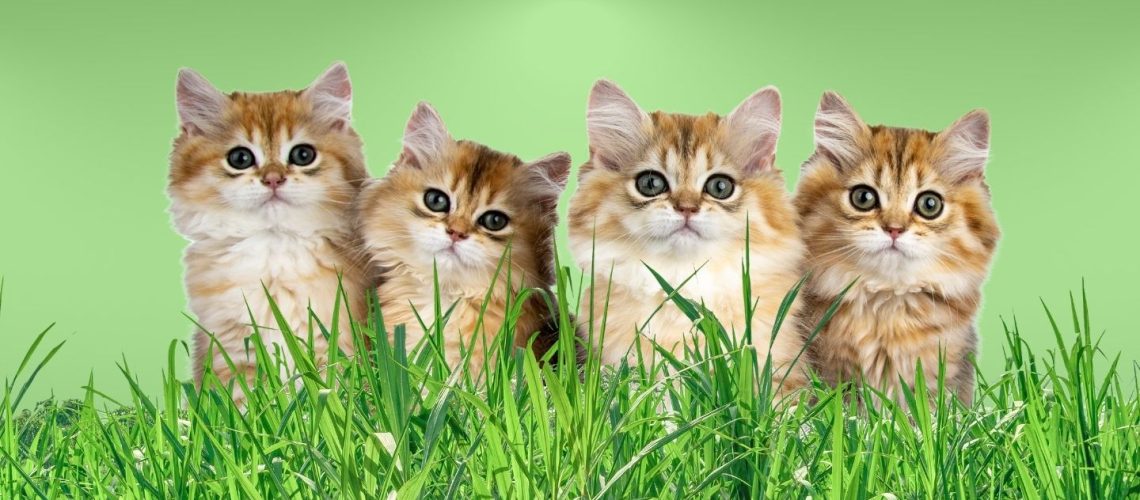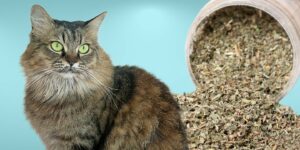Yes, cats can eat grass. In fact, many veterinarians believe that grass-eating is a natural behavior for cats and can provide them with important nutrients and benefits. Grass can improve digestion, prevent hairballs, and provide certain vitamins and minerals to cats. However, it is important to feed your cat grass in moderation and ensure the grass is safe for consumption.
Types of Grass for Cats
There are several types of grass that are safe and beneficial for cats, including:
Barley grass
Provides vitamins and minerals, high in antioxidants.
Wheatgrass
Rich in vitamins, minerals, and amino acids.
Oat grass
High in fiber and a good source of antioxidants.
Ryegrass
Contains essential nutrients and supports healthy digestion.
How to Grow Cat-Friendly Grass
Growing grass for your cat is simple and can be done with a few basic steps:
Choosing the right seeds
Select seeds from the types of grass listed above, ensuring they are untreated and safe for cats.
Preparing the soil
Use organic potting soil in a shallow container with drainage holes.
Watering and sunlight requirements
Water the soil regularly to keep it moist, and provide the grass with sufficient natural light or artificial grow lights.
When to introduce it to your cat
Allow the grass to grow to a height of around 4 inches before introducing it to your cat.
Benefits of Grass for Cats' Health
Grass offers several health benefits for our feline friends:
Improved digestion
The fiber in grass aids in maintaining a healthy digestive system.
Hairball prevention and control
Grass helps cats eliminate ingested fur and prevent hairball formation.
Vitamin and mineral supplementation
Grass contains essential vitamins and minerals, such as vitamins A and C, potassium, and calcium.
Stress relief and environmental enrichment
Grass provides a natural and healthy way for cats to satisfy their chewing urges and offers an engaging activity for indoor cats.
Signs of Overconsumption
Excessive grass consumption can lead to side effects including:
Diarrhea
Loose or watery stools may result from overconsumption of grass.
Vomiting
Ingesting large amounts of grass may cause cats to vomit.
Lethargy
Lack of energy or unwillingness to play may indicate overconsumption.
Loss of appetite
If your cat is eating too much grass, they may lose interest in their regular food.
Safe Alternatives for Cats who Eat Too Much Grass
If your cat tends to overindulge in grass, consider providing safe alternatives like:
Catnip
A natural, safe herb that provides stimulation and enjoyment for cats.
Cat grass toys
Toys filled with cat-safe grass can provide a controlled environment for your cat to enjoy the benefits of grass.
Providing a balanced diet with high-quality cat food
Ensuring your cat receives the necessary nutrients from their diet can help reduce their desire to consume grass.
Frequently Asked Questions
Can indoor cats benefit from eating grass?
Yes, indoor cats can also benefit from eating grass as it provides essential nutrients, aids in digestion, and helps with hairball control.
How often should I provide grass for my cat?
There is no set frequency for providing grass, but a fresh supply every few weeks should suffice for most cats.
Can cats have an allergic reaction to grass?
While grass allergies are rare in cats, monitoring your cat for any signs of an allergic reaction, such as itching or difficulty breathing, is advised.
Summary
Cats can safely consume grass as part of a balanced diet. Grass provides essential nutrients, assists with digestion, and offers an enjoyable activity for cats. Feeding your cat grass in moderation is important, and it's crucial to ensure the grass is safe and free from chemicals or pesticides. By providing cat-friendly grass as part of your cat's routine, you can promote their health and overall well-being.






